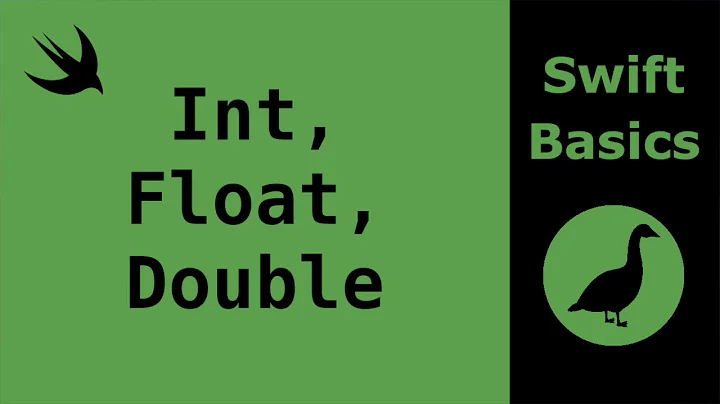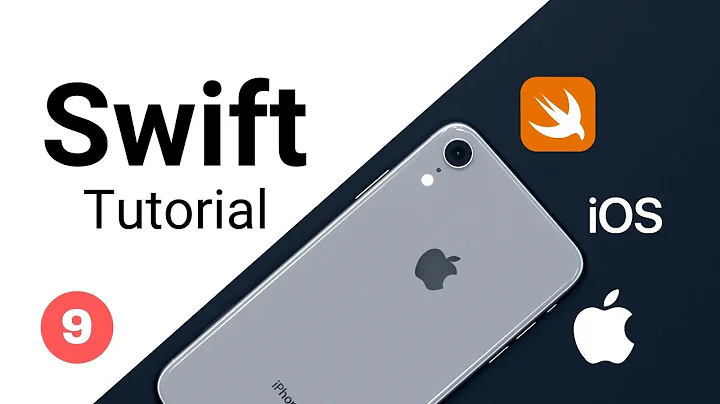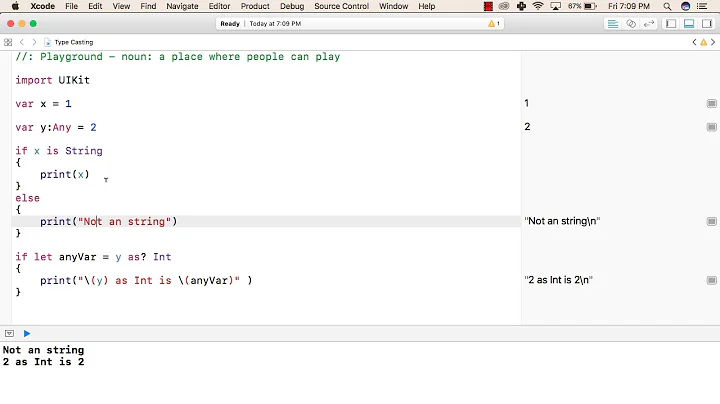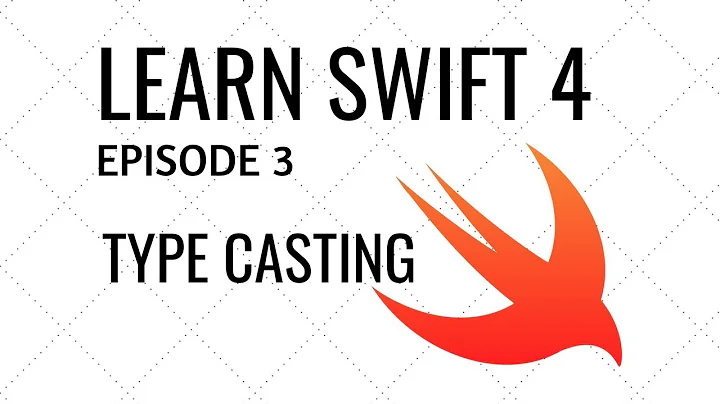Float divison and casting in Swift
Solution 1
First, you should use Double and not Float. Float gives you very limited precision. Why you would want 6 digits precision with Float when you could have 15 digits with Double is hard to understand.
Second, a compiler does exactly what you tell it.
Float (sum) / Float (numbers.count)
takes the integer "sum", takes the integer "numbers.count", converts both to Float and divides. Divison of Float gives a result in this case of 3.5.
Float (sum/numbers.count)
divides the integer "sum" by the integer "numbers.count". Division of integers gives an integer result, which is the integer quotient disregarding any remainder. 21 / 6 equals 3 with a remainder of 3. So the result of the division is 3, which you then convert to the Float 3.0.
Solution 2
return Float(sum/numbers.count)
In this statement, sum and numbers.count are both Ints, so they use an Int division function which returns an Int. Since an Ints only have whole values, this result loses any decimal precision. A Float is then created from this Int and it has decimal digits, but the precision has already been lost at this point.
return Float(sum)/Float(numbers.count)
In this statement, Floats are made out of sum and numbers.count, then divided. Because they are Floats this time, a division function for Floats is used which returns a Float. In this statement the precision is never lost, so it returns a more accurate result.
Related videos on Youtube
Tomasero
Updated on July 09, 2022Comments
-
Tomasero almost 2 years
I'm trying to learn Swift and I made a simple average function:
func average(numbers: Int...) -> Float { var sum = 0 for number in numbers { sum += number } return Float(sum)/Float(numbers.count) } average(1,2,3,4,5,6)This gives me the correct result: 3.5 However, I am wondering why I have to cast both sum and numbers.count to floats. I tried casting this way:
return Float(sum/numbers.count)but it gives me just 3.0
-
 Kid Diamond over 6 yearsI think we've been reading the same book... =D
Kid Diamond over 6 yearsI think we've been reading the same book... =D
-
-
Austen Hoogen over 3 yearsA note for beginners: sometimes a 64-bit double is overkill. If 6 digits precision is enough--a percentage progress bar calculation for instance--a 32-bit float is fine. Using 8 bytes when 4 is already overkill, especially on wearables like iPhones and iWatches, is not the best use of available resources.







